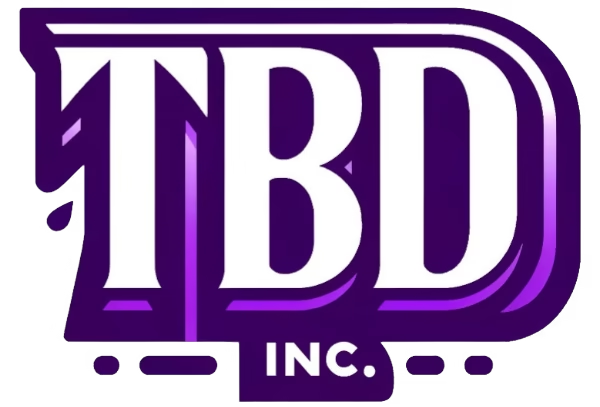Choosing the right business structure is crucial for any new entrepreneur. It determines the legal and tax implications of your business and affects the way you raise capital. As a new entrepreneur in Canada, it’s important to choose the right business structure to ensure your business’s success. In this article in our Business Support series, we’ll discuss the various types of business structures available in Canada and provide relevant statistics and examples to help you make an informed decision.
Types of Business Structures in Canada:
- Sole Proprietorship: A sole proprietorship is the most straightforward type of business structure in Canada. As a sole proprietor, you are responsible for all debts and obligations of the business. According to Statistics Canada, 58% of small businesses in Canada are sole proprietorships.
- Partnership: A partnership is a business structure owned by two or more individuals who share the profits and losses of the business. Partners are personally liable for the debts and obligations of the business. Statistics Canada reports that 9% of small businesses in Canada are partnerships.
- Corporation: A corporation is a separate legal entity from its owners. It can be owned by one or more individuals or by shareholders. Shareholders are not personally responsible for the debts and obligations of the corporation. According to Statistics Canada, 31% of small businesses in Canada are corporations.
- Cooperative: A cooperative is a business structure owned and operated by its members. Members share the profits and control the business through a democratic process.
- Limited Liability Partnership (LLP): An LLP is a partnership where the partners have limited liability for the debts and obligations of the business.
Factors to Consider When Choosing a Business Structure:
- Legal Liability: The level of personal liability you are willing to assume for the debts and obligations of the business.
- Taxes: The tax implications of the business structure you choose.
- Capital: The ease of raising capital for your business.
- Complexity: The level of complexity and administrative requirements associated with the business structure.
Examples of Successful Business Structures in Canada:
 | Shopify: Shopify is a Canadian e-commerce company that went public in 2015. It is structured as a corporation and has been extremely successful, with a market capitalization of over $200 billion as of March 2023. |
 | MEC: MEC (Mountain Equipment Co-op) is a Canadian retail cooperative that sells outdoor gear and clothing. The cooperative structure has allowed MEC to prioritize sustainability and social responsibility while maintaining profitability. |
 | Cirque du Soleil: Cirque du Soleil is a Canadian entertainment company that was founded as a partnership. It has since been restructured as a corporation, allowing it to expand globally and become one of the most successful entertainment companies in the world. |
Resources for Choosing the Right Business Structure in Canada:
- Canada Business Network: The Canada Business Network provides information and tools to help entrepreneurs choose the right business structure.
- Canadian Federation of Independent Business: The Canadian Federation of Independent Business provides support and resources for small business owners, including a guide to choosing the right business structure.
- Small Business BC: Small Business BC is a non-profit organization that provides support and resources for entrepreneurs in British Columbia, including a guide to choosing the right business structure.
- MaRS Discovery District: MaRS Discovery District is a non-profit organization that provides support and resources for entrepreneurs in Ontario, including a guide to choosing the right business structure.
- Business Development Bank of Canada: The Business Development Bank of Canada provides financing and advisory services to Canadian entrepreneurs, including a guide to choosing the right business structure.
Choosing the right business structure is a critical decision for any new entrepreneur in Canada. By considering the factors outlined above and utilizing the resources available, you can make an informed decision that will set your business up for success.

